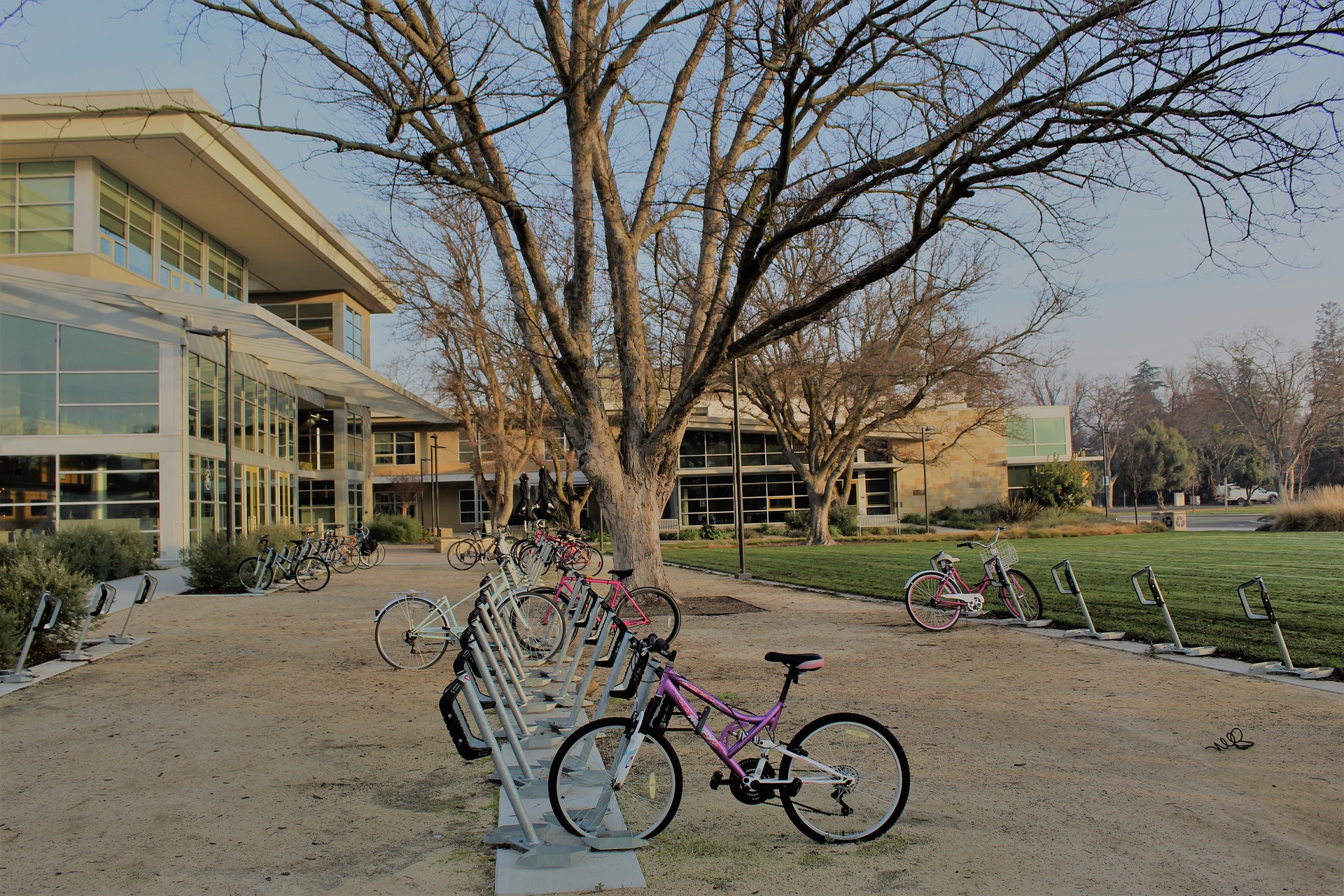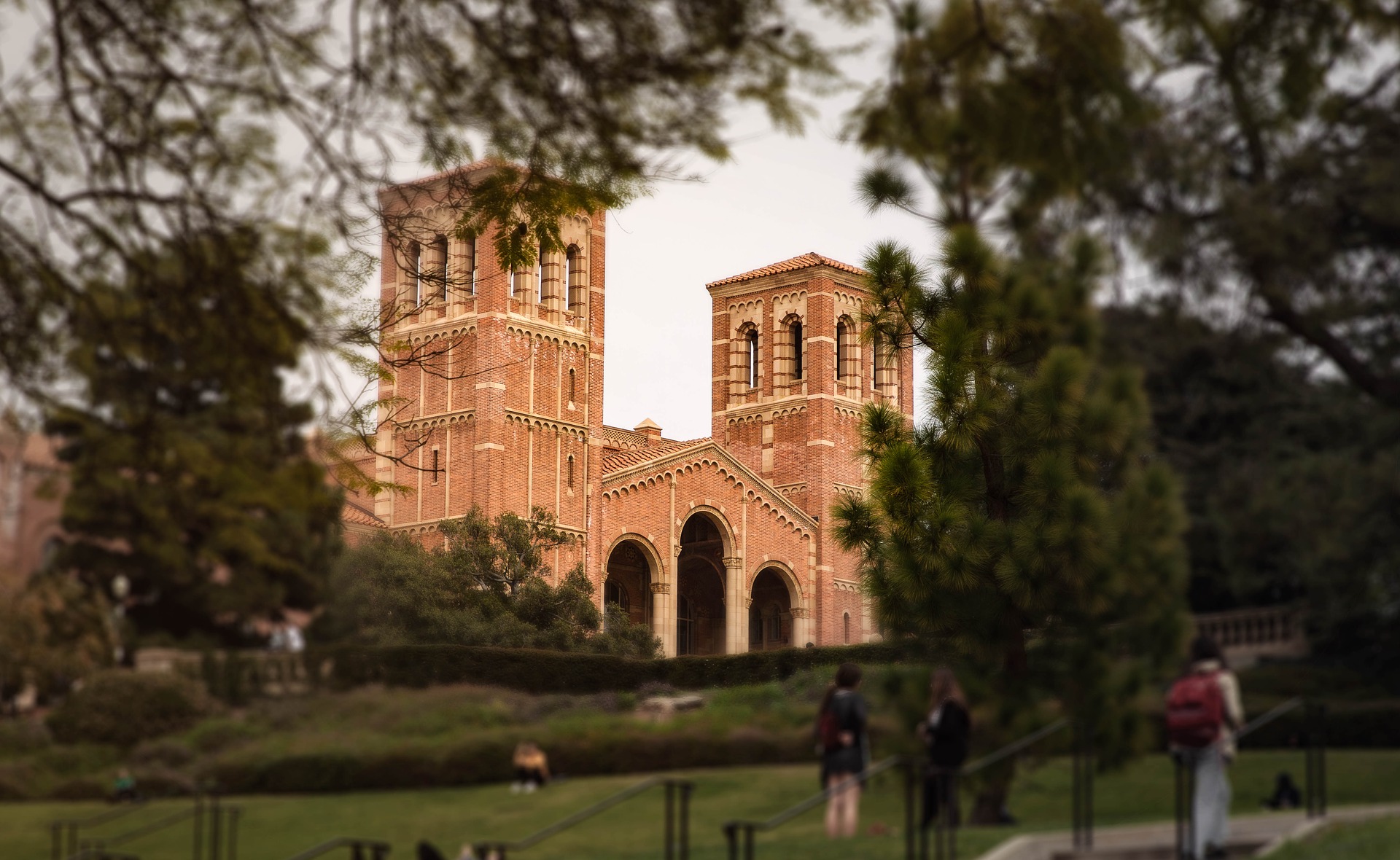August Monthly Action Plan – By Grade
We will be taking a break from the blog for most of August through Labor Day weekend, posting only when very important news calls for it. We are focusing on making sure our seniors start school with most of their app work complete, so if you are a rising senior and have not started, now is the time!
Seniors
- The Common App refresh is complete. If you opened a Common App account before August 1, please log in to “roll” over the base data. Please add schools to your CA Dashboard and begin filling out the school-specific sections; this is where you can also see supp essays and should be double-checking all prompts as you…
- Continue to complete essays! And as you do, now is an excellent time to start thinking about your application strategy. Even if you are not finished with testing, you’ll want to complete applications this summer.
- It might seem like a silly piece of advice, but many students are not aware that every college has a set of application instructions that are not located on the online application. Locate and read them for every school on your list before tackling the application process.
- Colleges may not open for tours before you submit early applications (in October or earlier). Spend time taking virtual tours and connecting with and learning about colleges in other ways (reaching out to current students and alumni is just one example!).
- Many colleges don’t proactively ask for online resources, but you may have an interest in creating a digital portfolio (LinkedIn, SoundCloud, GitHub, YouTube channel, personal website, and/or blog) to supplement your other application materials.
- Touch base with the teachers writing your letters of recommendation. They will be very busy once school starts; be proactive and drop them a note now reiterating your thanks, as well as letting them know when you plan to submit your first apps (this can be far in advance of actual deadlines, for example, in August or September if testing is complete).
Juniors & Sophomores
- Work on a purpose project. A purpose project is one that you design and implement (with our help if you’d like!), which taps into your interests and talents (the things you love, that bring you joy, that you want to study in college, or that you feel could best help your school, community, or the world); it is connected to a deeper purpose and has tangible outcomes that you set. Past projects from students include writing a children’s book, completing a literature review or book challenge, creating a trailer for a documentary (and founding a non-profit, a school club, an app), spearheading an innovative volunteer event, fundraising for an organization in a creative way (selling artwork, an Etsy shop, etc.), and hosting a yearly beach clean-up. The possibilities are endless, and colleges love seeing students take part in meaningful, self-directed work. There is still time to design and begin to implement one. Reach out to us if you have questions or want support!
- Now is the time to plan for testing. When will you take the ACT or SAT? Will you need SAT Subject Tests? Please contact us if you would like suggestions for tutors and other prep resources, or with your testing plan if you already have one in place and have not shared it with me yet.
- This year, make a plan to get more involved with 1-2 main extracurricular activities (bonus if these support your academic interests). Look for leadership opportunities, but also keep in mind demonstrating leadership goes beyond formally leading a club or team.
- Start to think about your major of interest (and how the activities you are involved in support it!). You 100% should be exploring your academic interests outside of your coursework.
- Begin to visit the websites of the schools on your list. Explore the admissions and departmental/academic pages. Attend virtual tours and information sessions; there are so many options, start now!
Freshmen
- Relax. Enjoy the final month of summer before high school begins!
*Stay in the know! Subscribe*








